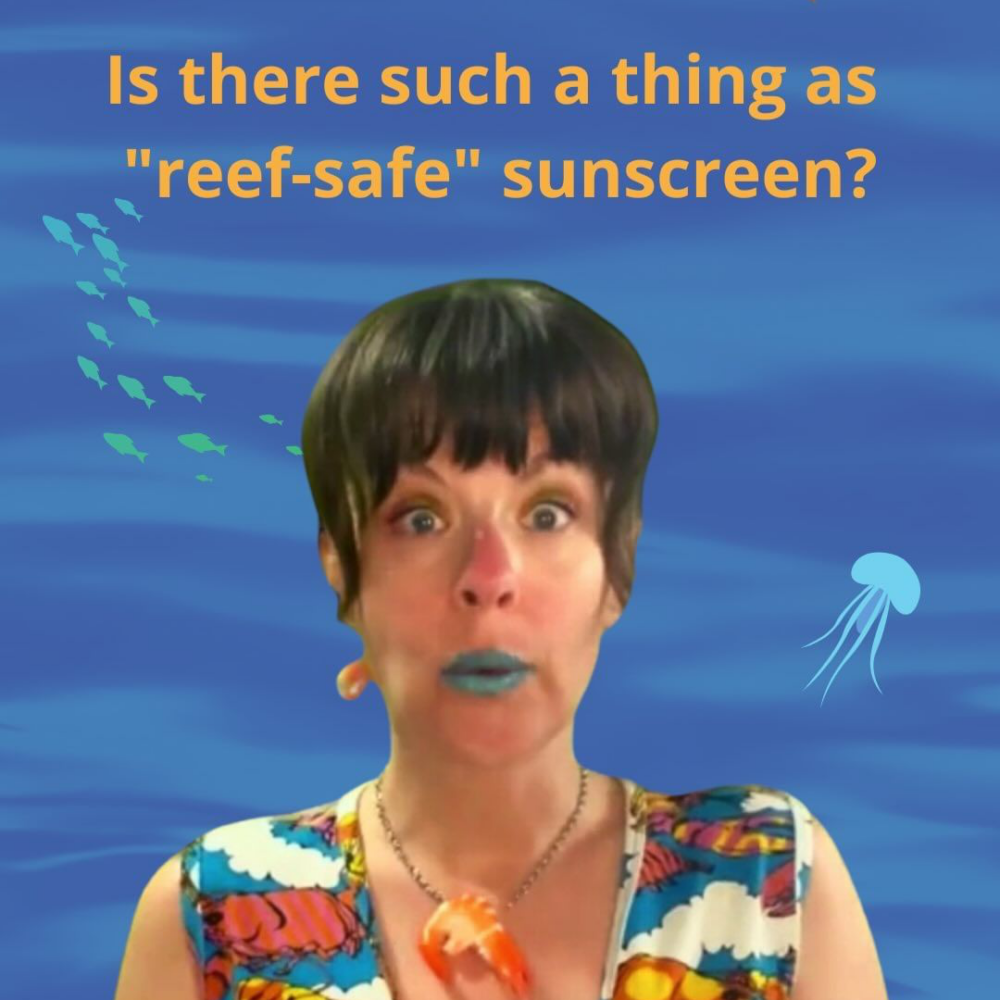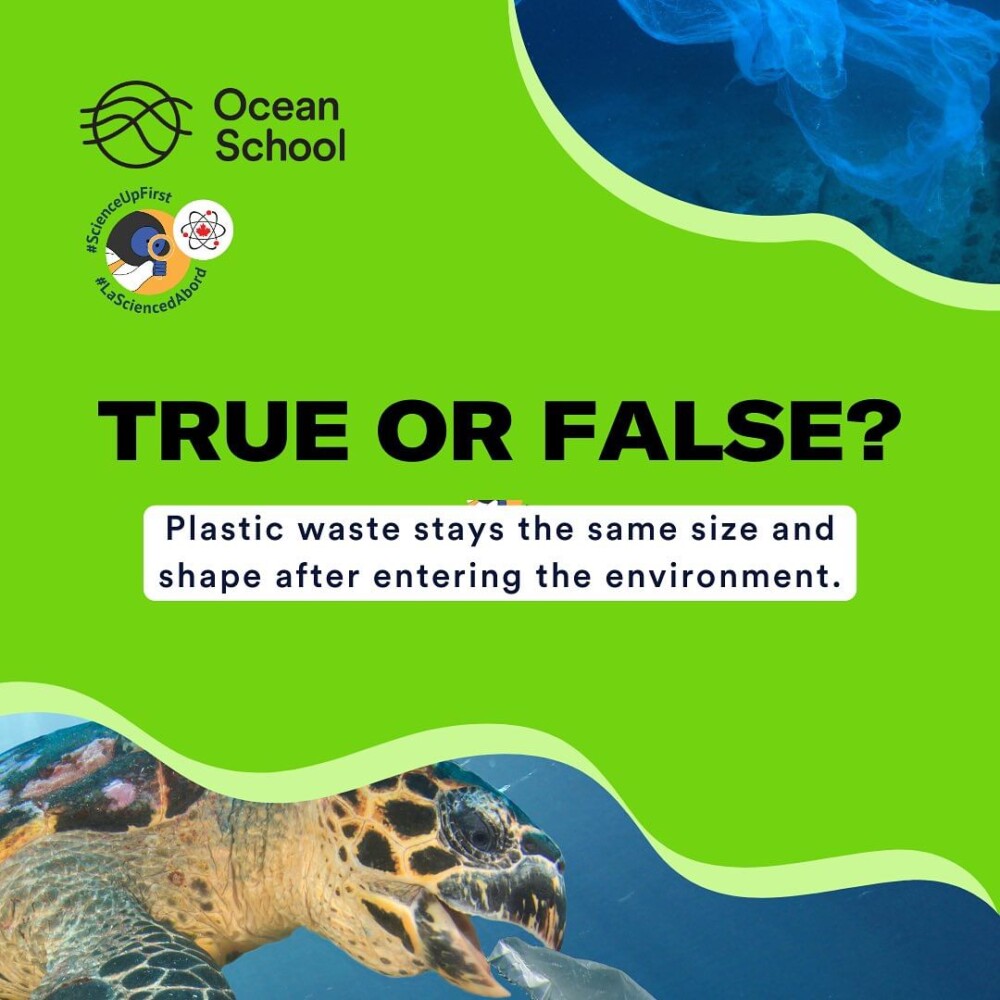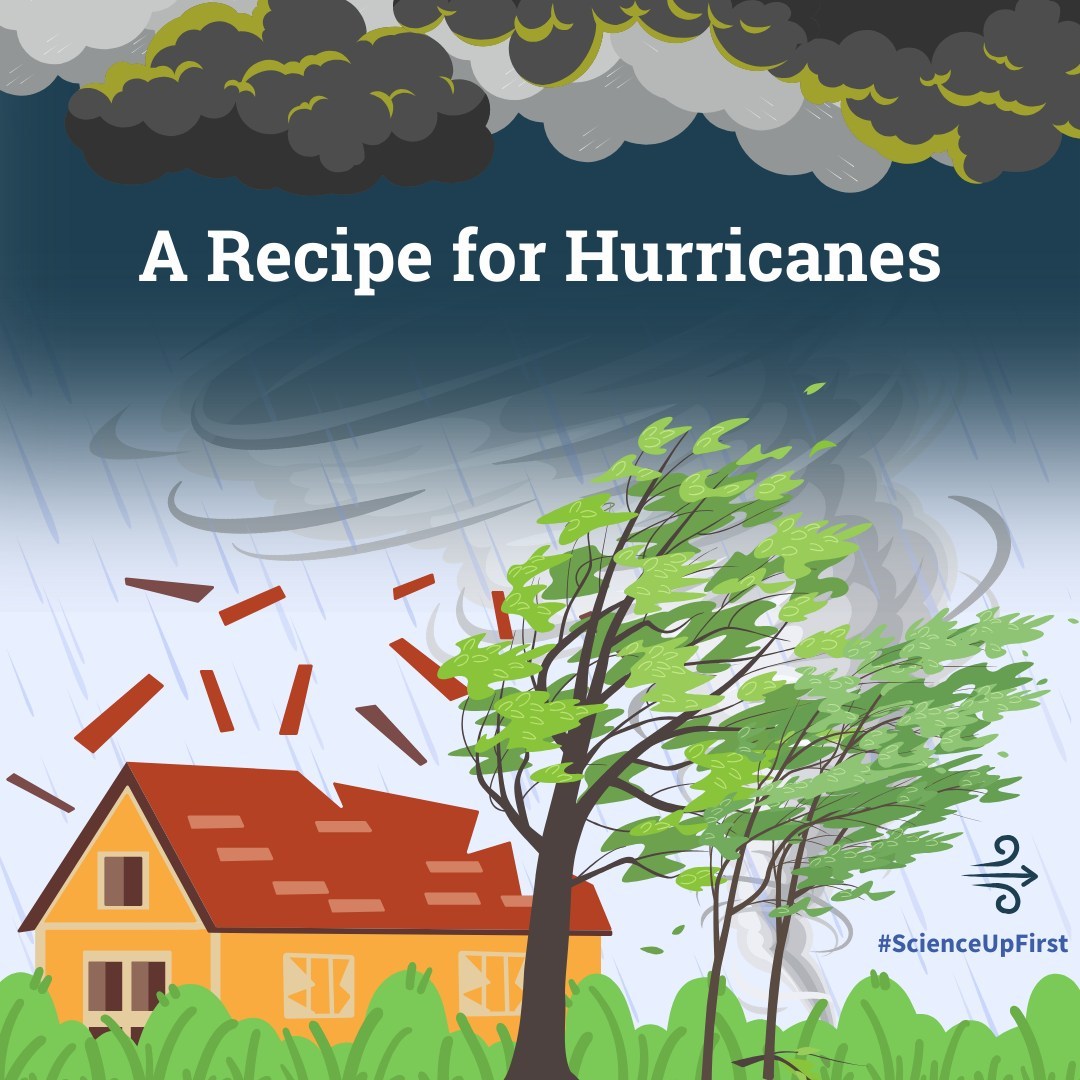
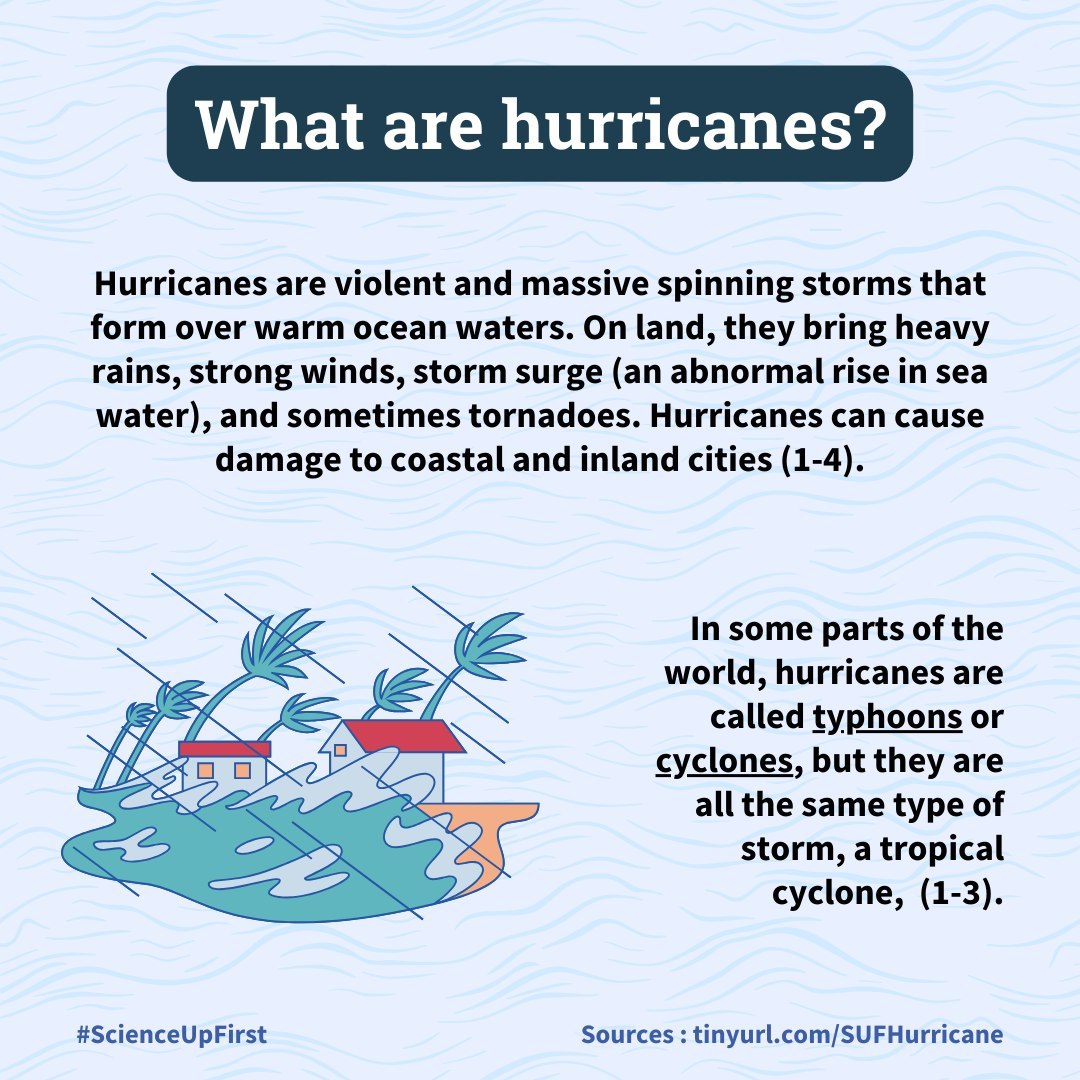
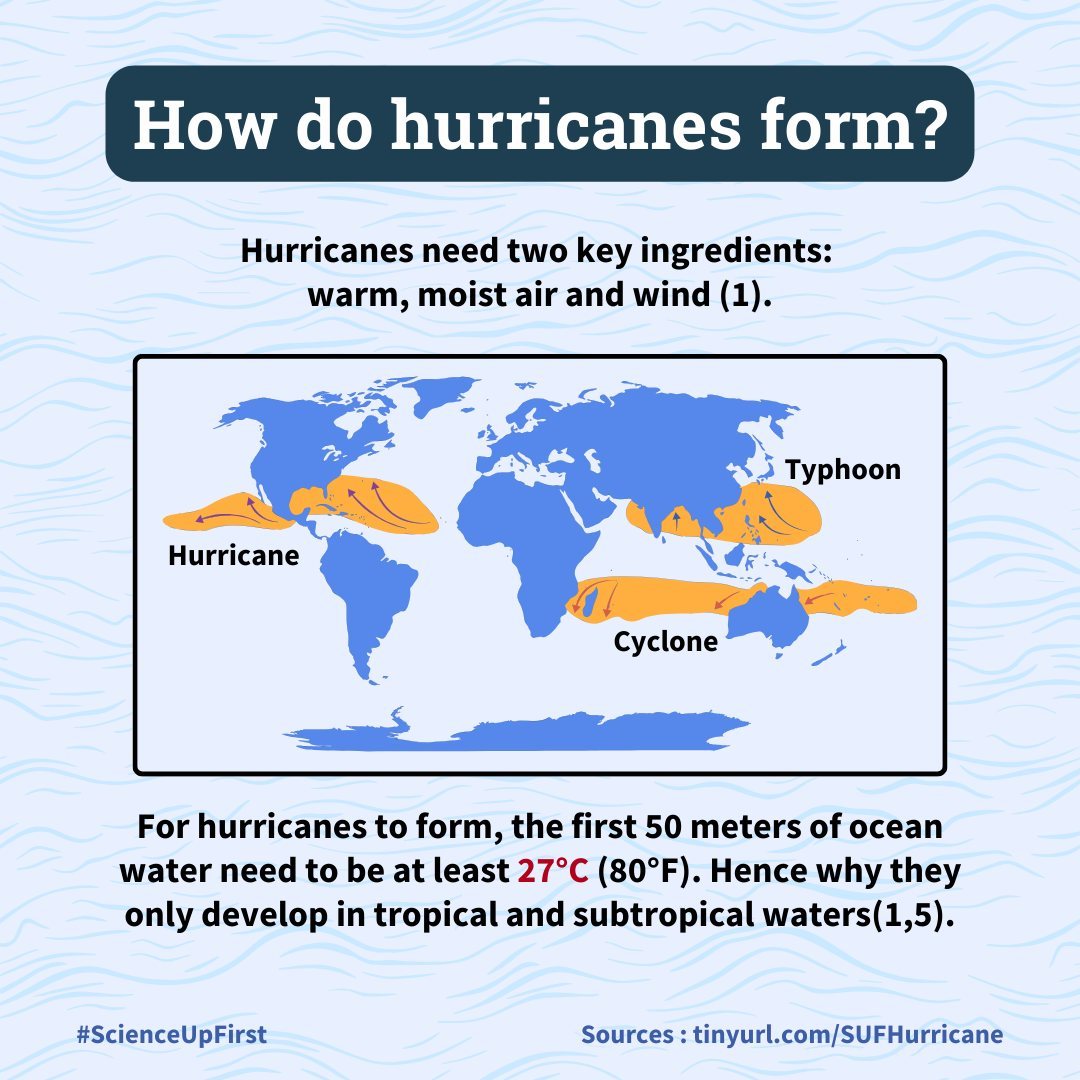
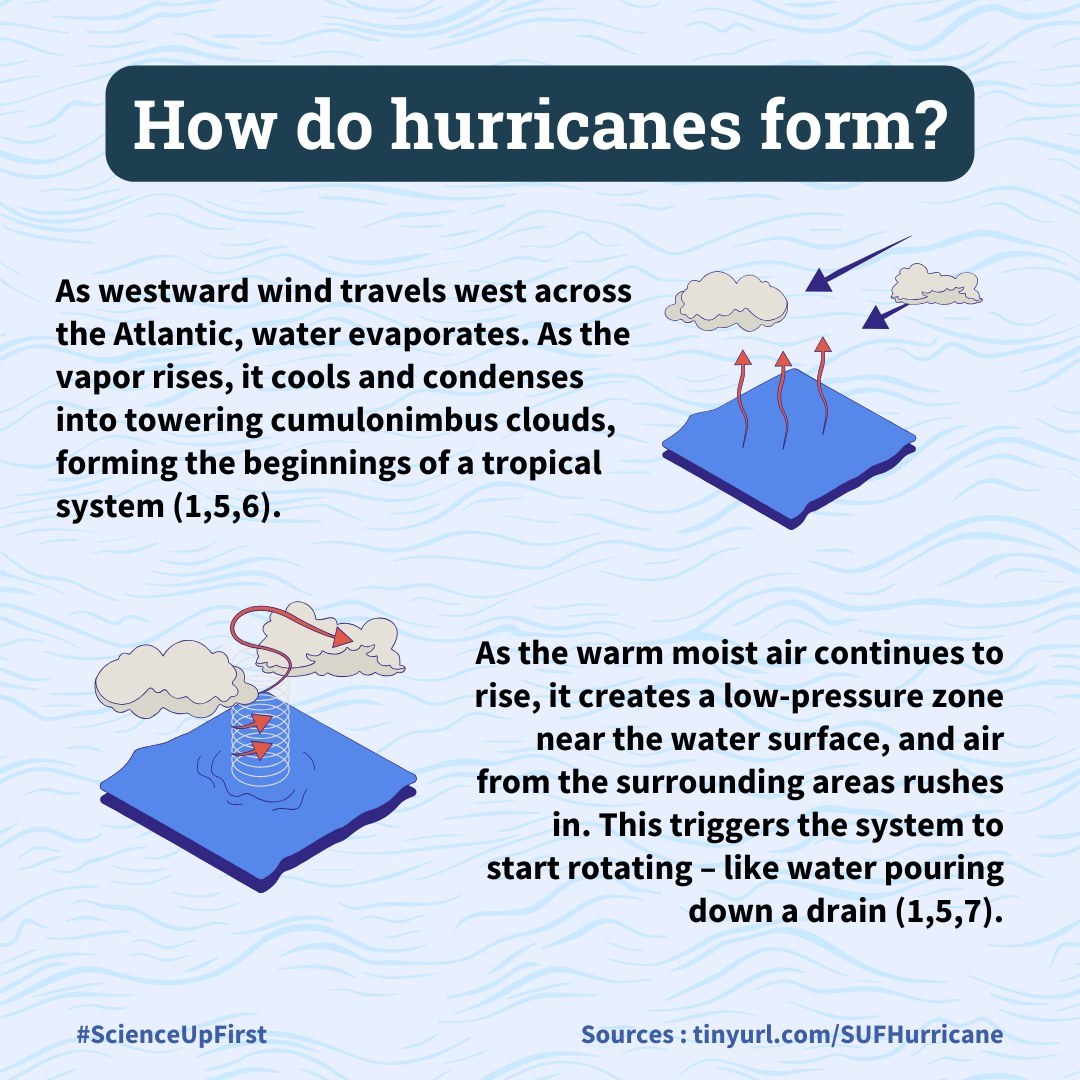
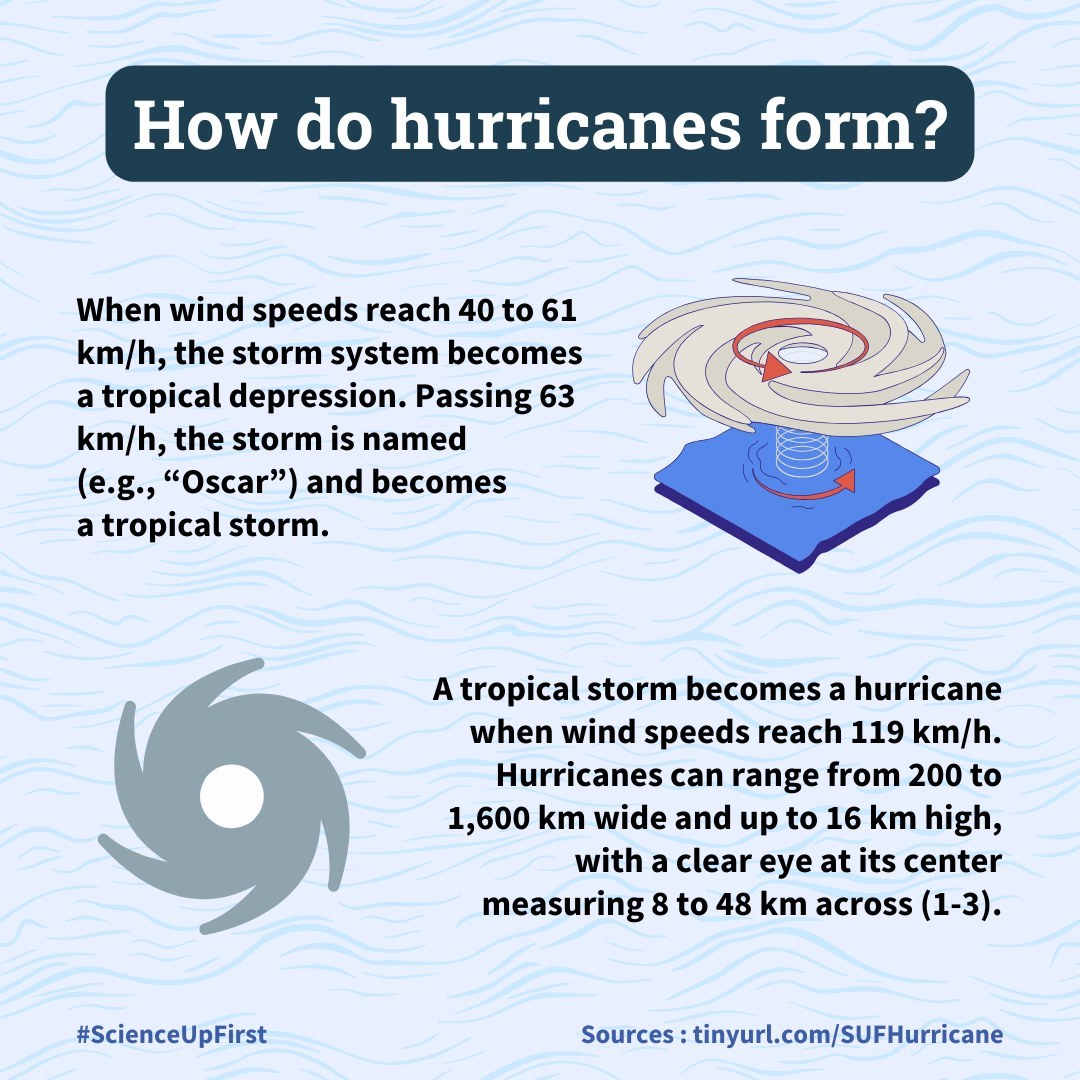
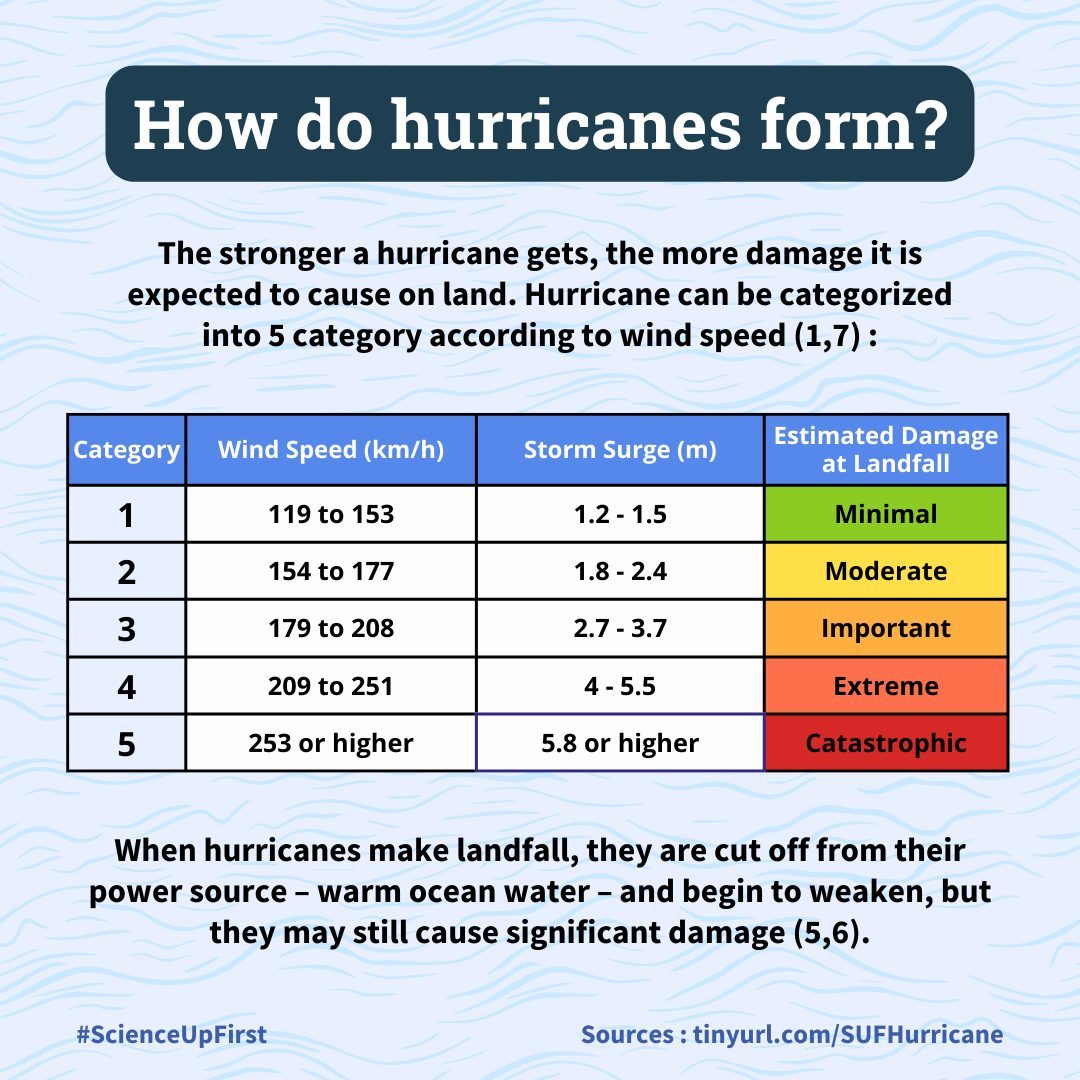
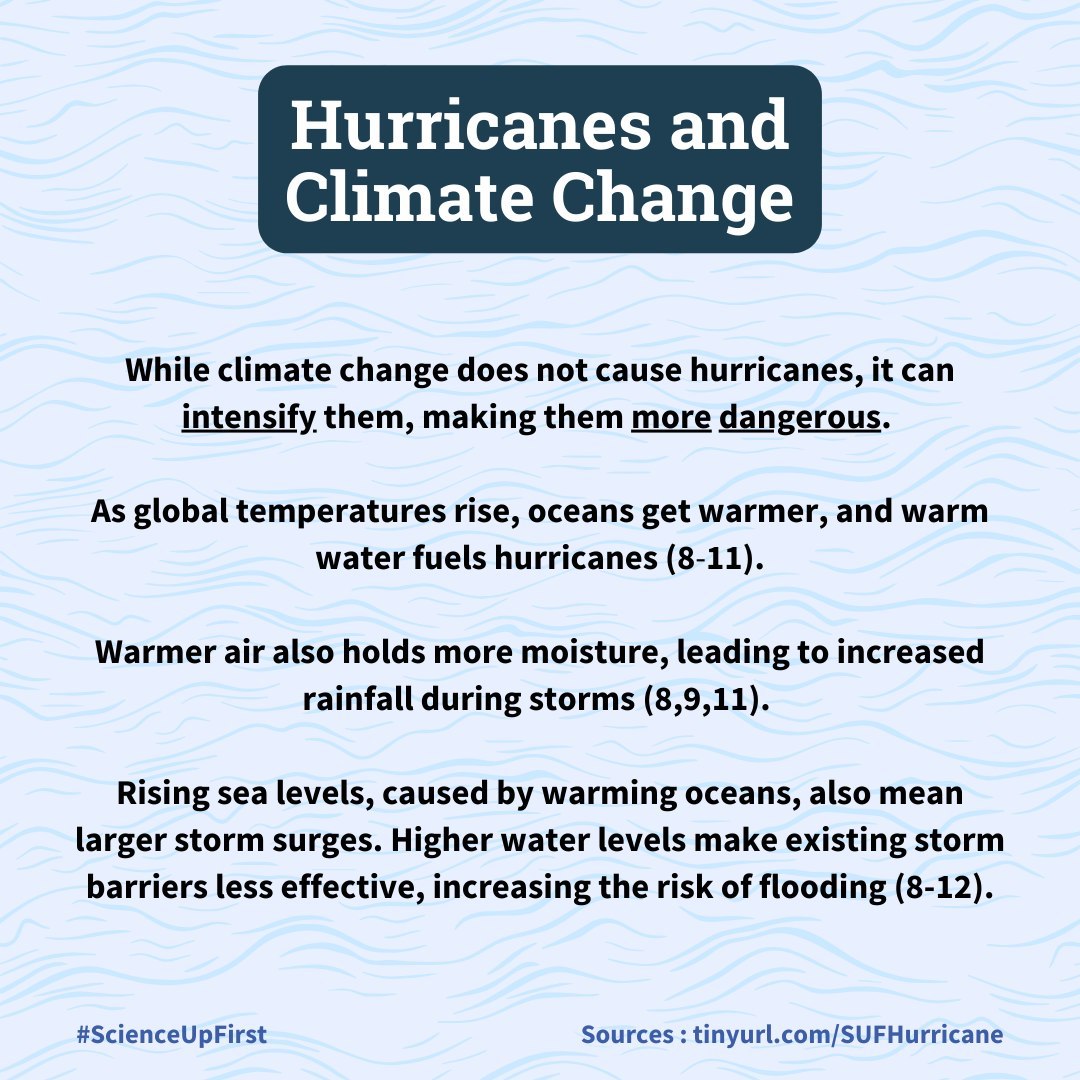
We’re coming to the end of a very active hurricane season, and this year there has been an increase in misinformation surrounding these extreme weather events.
Let’s go over some hurricane basics so we better understand how they form and what fuels them.
What weather phenomenon should we debunk next?
Sources
- How Does a Hurricane Form? | NOAA SciJinks – All About Weather | September 2024
- Tropical Cyclone Climatology | National Hurricane Center and Central Pacific Hurricane Center
- Hurricanes | National Oceanic and Atmospheric Administration | May 2020
- Hurricane Damage | Center for Science Education
- Tropical Cyclone Introduction | National Oceanic and Atmospheric Administration
- See how cloud formation near a low-pressure system or ongoing tropical storm fuels a hurricane | Britannica
- How Do Hurricanes Form? | NASA Space Place – NASA Science for Kids | September 2019
- Hurricanes and Climate Change | Center for climate and energy solutions
- A Force of Nature: Hurricanes in a Changing Climate | NASA Science | June 2022
- How climate change makes hurricanes more destructive | Environmental Defense Fund
- Global Warming and Hurricanes | Geophysical Fluid Dynamics Laboratory
- 2022 Technical Report | Resources | U.S. Sea Level Change
- What Is the Coriolis Effect? | NOAA SciJinks – All About Weather | September 2024
- The Coriolis Effect – Currents: NOAA’s National Ocean Service Education | National Ocean Service National Oceanic and Atmospheric Administration
- The Coriolis Effect: Earth’s Rotation and Its Effect on Weather | National Geographic
- How Hurricanes Form | Center for Science Education
- Why Don’t Hurricanes Happen at the Equator | Science Museum of Virginia | September 2024
- Why Hurricanes Almost Never Form Near Or Cross The Equator | Forbes | June 2018
Share our original Tweet!
We are coming to the end of an extremely active hurricane season, and this year, misinformation around these extreme weather events has increased.
— ScienceUpFirst | LaScienced'Abord (@ScienceUpFirst) November 20, 2024
Let's go over some basics about hurricanes 👉https://t.co/WfgpMy1f15#ScienceUpFirst pic.twitter.com/KEhh1E2cwj
View our original Instagram Post!


